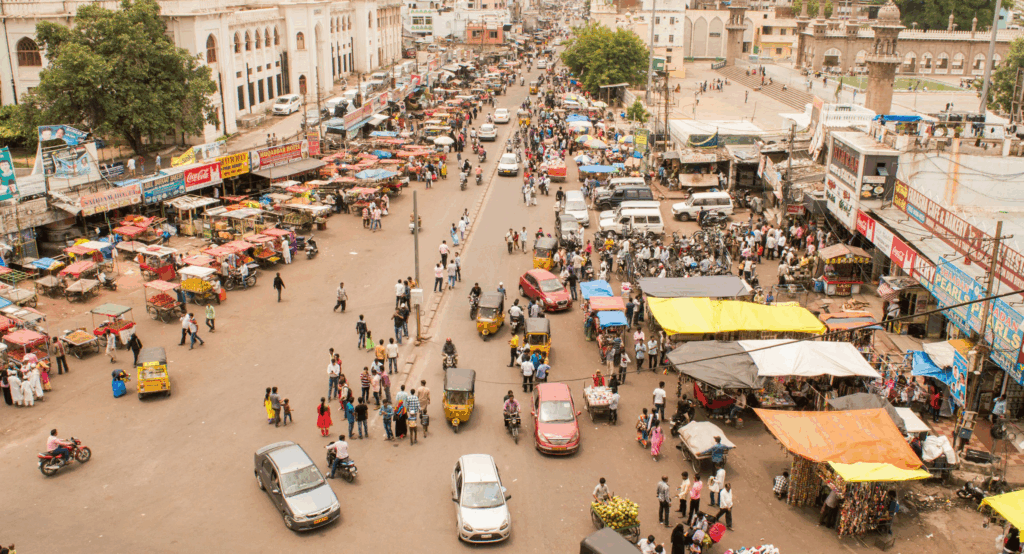
ASF has been working in Niger since 2023 to promote respect for human rights, particularly in the area of deprivation of liberty, but also for vulnerable populations living in remote areas as part of the project ‘Promoting and protecting collective and individual rights and freedoms in Niger by strengthening civil society and citizen participation’ funded by the Belgian Cooperation (DGD).
In 2024, ASF supported its partner, the Nigerien branch of PRSF (Prisoners Without Borders), in strengthening, structuring and developing actions aimed at ensuring respect for the rights of detainees, both in terms of detention conditions and procedural guarantees. To this end, in addition to specific training on detention law, observation missions and advocacy actions aimed at ensuring respect for prisoners’ rights were carried out in the prisons of Niamey, Zinder, Kollo, Say, Maradi, Konni and Doutchi between March and May 2024.
On 29 May 2024, however, the Ministry of Justice and Human Rights ordered the suspension of visits to detention centres by civil society organisations, temporarily halting the actions underway. Since then, ASF has been in constant dialogue with the Nigerien authorities and enable civil society actors to play their essential role in combating prison overcrowding and strengthening the rights of detainees.
Also in 2024, Alternatives Espaces Citoyens (AEC), a partner of ASF, carried out missions to document human rights violations in the provinces of Maradi, Tillabéry and Agadez, particularly around the town of Assamaka, located about 20 kilometres from the Algerian border, which has unwittingly become a destination for thousands of migrants expelled from North African countries via Algeria. Originating from sub-Saharan Africa, but also from Syria, Lebanon, Libya and Bangladesh, migrants arrested by the Algerian authorities are stripped of their personal belongings and travel documents. They are then transported to the border several times a week in livestock trucks. They spend hours there under the sun, exposed to heat and dust. Once they arrive at the border, in the Ténéré desert, they are dumped at point zero and left to their fate. As part of the programme, numerous convoys have been documented by partners. The conditions of transport are responsible for the death and disappearance of several people. In addition to the appalling conditions in which these deportations are carried out, their frequency and anarchic organisation overwhelm and undermine the reception capacities put in place by humanitarian aid NGOs in the town of Assamaka.
Alternatives Espaces Citoyens and ASF have been advocating with the Nigerien authorities to ensure that returned migrants are treated following international human rights standards, and have also advocated with the European Union. Although Algeria has not signed a bilateral agreement with the European Union on the management of migration flows, this situation is part of a broader policy of externalising the European Union’s borders, which is contrary to respect f:or human rights.
Advocacy efforts are continuing on the basis of documentation produced by AEC and supported by ASF, in particular through the holding of consultation forums at the local level.



